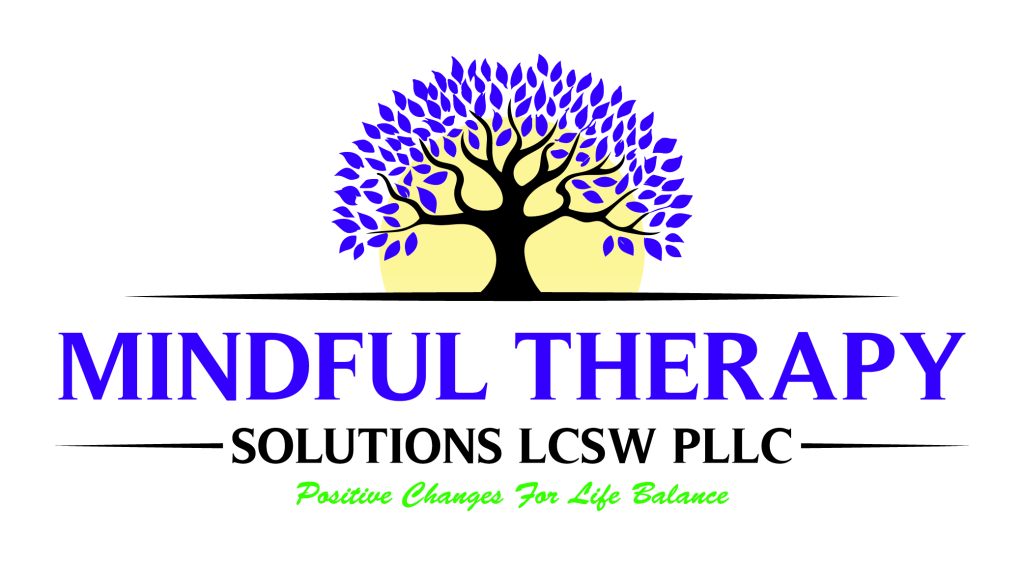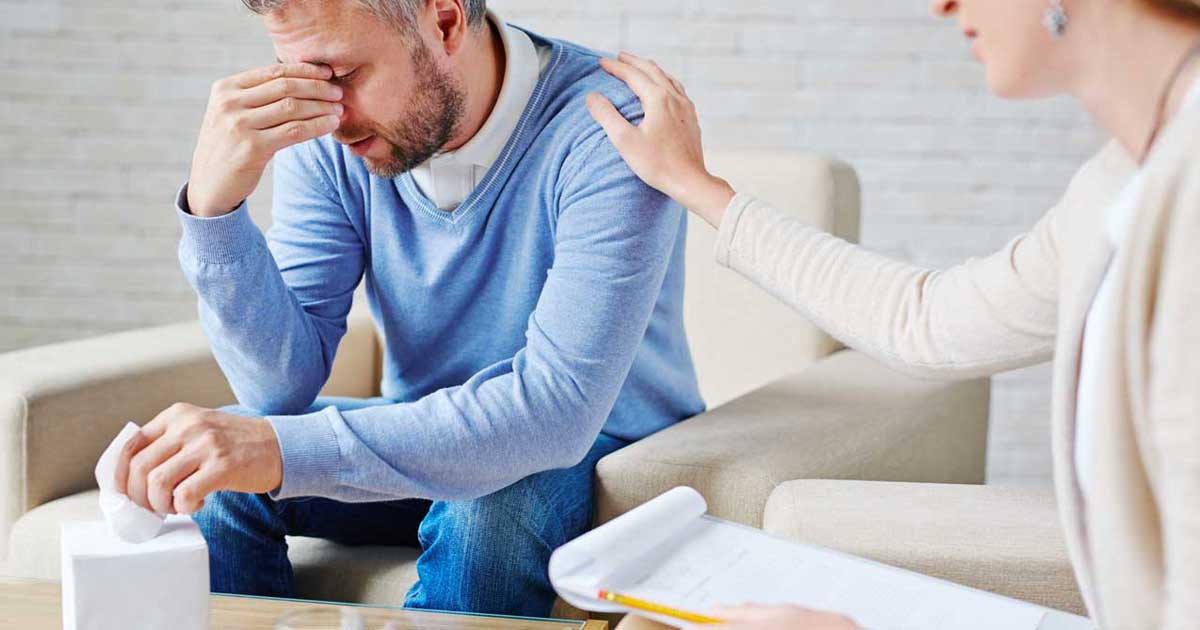Understanding What Depression Really Is
Depression is more than just feeling sad or discouraged. It is a serious mental health condition that affects the way you think, feel, and function in your daily life. Many people ask what is depression because it can take different forms and vary in intensity. For some, it appears as a lack of energy and motivation, while for others it can bring overwhelming sadness, hopelessness, or even physical pain. Depression mental health concerns are common across all ages and backgrounds, and addressing them early is key to recovery.
What Causes Depression
One of the most frequent questions people ask is what causes depression. The answer is not simple, because depression usually results from a combination of biological, psychological, and environmental factors. Genetics can play a role, as depression may run in families. Chemical imbalances in the brain related to neurotransmitters like serotonin and dopamine are also important contributors. Stressful life events, trauma, and loss often act as triggers. Even long-term medical conditions or chronic pain can increase the risk. Understanding the causes of depression helps in choosing the right treatment for depression tailored to each individual.
Signs and Symptoms of Depression
It is important to recognize the signs and symptoms of depression before the condition worsens. People often ask what are symptoms of depression and how they can be identified. Persistent sadness, irritability, fatigue, changes in appetite, and sleep disturbances are common early signals. Difficulty concentrating, loss of interest in activities, feelings of guilt, and hopelessness are also strong indicators. In severe cases, depression can lead to thoughts of self-harm. Learning the signs and symptoms of depression allows for early intervention and effective depression treatment.
How Depression Affects Daily Life
Depression can slowly take over many areas of life without the person realizing it. Work performance may decline because of difficulty focusing or staying motivated. Relationships may suffer as a result of withdrawal, irritability, or lack of communication. Simple daily tasks such as cooking, exercising, or maintaining personal hygiene may start to feel overwhelming. This is why treatment for depression is so important, as therapy can restore balance and help individuals get back to living fully.
Types of Depression and Their Impact
Depression is not the same for everyone. There are different types of depression that affect people in distinct ways. Major depressive disorder is one of the most severe forms, often requiring comprehensive care. Persistent depressive disorder, or dysthymia, is a milder but longer-lasting condition that can quietly disrupt life for years. Seasonal affective disorder appears during certain times of the year, usually in winter when sunlight is limited. Postpartum depression occurs after childbirth, while depression linked to bipolar disorder alternates with periods of elevated mood. Recognizing the different types of depression helps in choosing the best treatment for depression for each unique case.
Approaches to Depression Therapy
Depression therapy involves various methods to help people recover and manage their symptoms. Psychotherapy for depression, such as cognitive behavioral therapy, teaches individuals how to change negative thought patterns and develop healthier coping strategies. Interpersonal therapy helps in resolving relationship conflicts and improving social connections. In some cases, medications may be prescribed to correct chemical imbalances in the brain. A combination of therapy and medication is often the most effective treatment for depression. Holistic approaches, including mindfulness, exercise, and lifestyle changes, can also support recovery and promote mental wellness.
What to Expect from Depression Counseling
When people seek depression therapy or counseling, they often want to know what to expect. Sessions typically begin with open conversations about symptoms, challenges, and goals. A therapist provides a safe, supportive space where individuals can explore their emotions without judgment. Over time, therapy teaches practical strategies for how to get out of depression and manage stress more effectively. Progress is not always immediate, but consistent depression counseling builds resilience and offers long-term benefits.
The Importance of Early Depression Treatment
Waiting too long to seek help can make symptoms worse. Early intervention not only prevents depression from becoming more severe but also shortens recovery time. Treatment for depression works best when started soon after symptoms appear. The sooner therapy begins, the easier it is to break negative cycles and establish healthier habits. Asking for help is not a sign of weakness but a step toward healing and regaining control of life.
Why Choose Us
At Mindful Therapy Solutions, we understand that every person’s experience with depression is unique. Our compassionate team of licensed professionals provides personalized depression therapy designed to meet individual needs. We combine evidence-based methods with a supportive environment to help clients feel safe, heard, and empowered. Whether you are struggling with major depression treatment or simply looking for guidance on how to get out of depression, we are here to walk with you every step of the way. Choosing us means choosing a partner in your healing journey, committed to your mental health and overall well-being.
FAQs About Depression Therapy
What is depression caused by?
Depression is caused by a mix of biological, emotional, and environmental factors, such as brain chemistry, genetics, trauma, and stressful life events.
What are symptoms of depression I should look out for?
Common symptoms include persistent sadness, fatigue, irritability, changes in sleep or appetite, loss of interest, and difficulty concentrating.
Is psychotherapy for depression effective?
Yes, psychotherapy for depression is one of the most effective treatments, especially when combined with lifestyle changes or medication if needed.
How long does treatment for depression take?
The duration varies depending on the individual and the type of depression. Some people feel improvement in weeks, while others may require ongoing support.
Can depression therapy really help me get better?
Yes, depression therapy provides tools, coping strategies, and emotional support that can help individuals recover, reduce symptoms, and improve their quality of life.
Contact us today at Mindful Therapy Solutions and take the first step toward healing and recovery.


